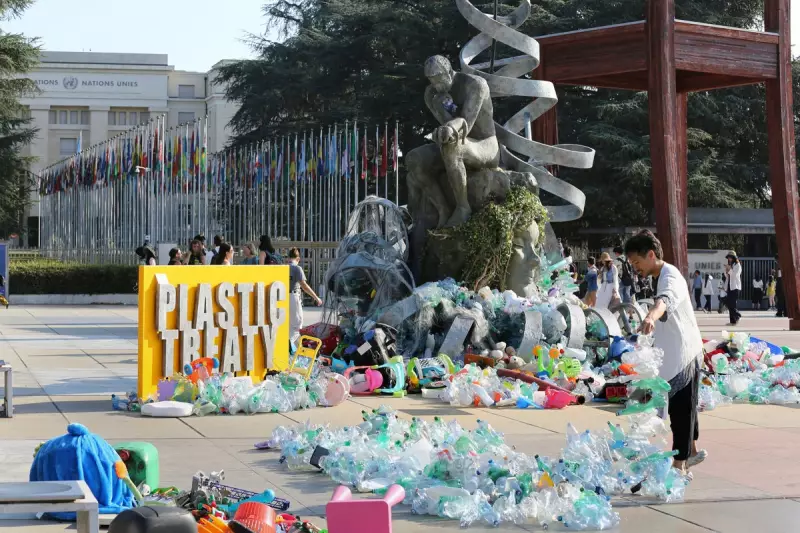
A Geneva-based artist has ignited controversy with a groundbreaking exhibition in Paris, where portraits are crafted using DNA collected from unsuspecting strangers. The project, displayed at a prominent gallery, explores the intersection of art, science, and personal privacy.
The Art of Genetic Identity
Using discarded items like cigarette butts and coffee cups, the artist extracts DNA samples to generate striking facial composites. Each piece is accompanied by the donor’s likely geographic origins and traits—blurring the line between creativity and intrusion.
Ethical Firestorm
Critics argue the work violates privacy rights, while supporters hail it as a bold commentary on surveillance culture. "It’s about making the invisible visible," the artist countered in an interview, defending the project as a mirror to society’s evolving relationship with biotechnology.
Public Reaction
Visitors to the exhibition expressed polarized views. Some marveled at the technological prowess, others recoiled at the thought of their genetic data becoming art without consent. Legal experts note the gray area: while public spaces permit DNA collection, its artistic use remains uncharted territory.
The exhibition runs until late November, ensuring the debate will linger long after the portraits come down.





